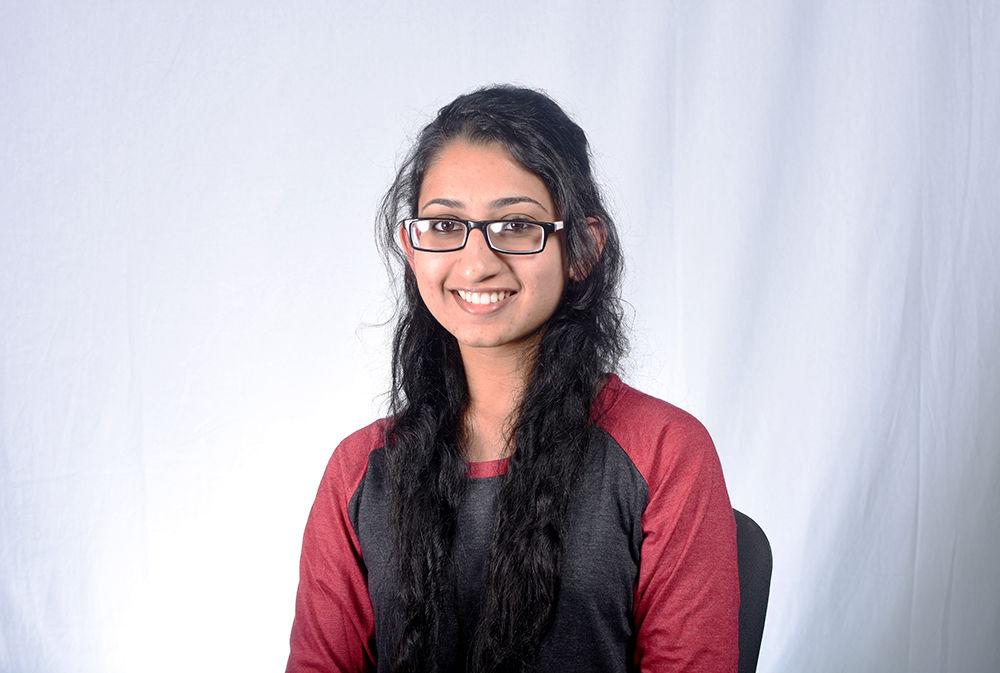In the past week, my Instagram and Facebook feeds were overflowing with aesthetic photos of my friends and family in Indian traditional clothing celebrating the Hindu festival of Diwali. People took this opportunity to spend time with their families, set off firecrackers and, in general, have an enjoyable time.
Diwali is the festival of lights, and it is celebrated in many religions, including Hinduism, Sikhism and Jainism. It has several different interpretations that vary with places and beliefs. The lights represent positivity and faith. It’s a tradition for most families to turn on all of the lights in their houses as a way to invite Lakshmi, the Hindu goddess of prosperity, into their homes.
People observing Diwali typically wear formal attire and eat fancy food throughout this week of the year. This year, Diwali was observed on Thursday. Hindus eagerly anticipate it every fall because it marks the start of the new year on our calendar. It’s a five-day festival, with its third day being the main day.
It’s one of the most important festivals we celebrate, however, Indians living in college dorms may miss out on these opportunities, as they are away from their families. They, and many other students, would benefit from a celebration right on campus.
Diwali is largely based on the Hindu epic called Ramayana, where Lord Ram returns to the capital city of the empire, Ayodhya, from 14 years of exile having defeated the evil ten-headed demon Ravan to preserve the honor of his wife Sita. The lights also signify a pure and safe path to guide Lord Ram home.
The main purpose of this festival is to emphasize that good always triumphs over evil. It is one of the few festivals that is celebrated all over India, regardless of various symbolisms throughout the country, since over 79.8 percent of the population identifies themselves as Hindu.
During the eleven years of my life that I spent in India, my family celebrated Diwali every single year with fervor. It was a joyous event, since it implied shopping for new clothes, loud family reunions and gift giving. There were visits to the temple and social gatherings among friends in the mornings and firecrackers in the evenings. The entire city was illuminated by lanterns.
When I moved away from home for college, I knew that missing out on certain rituals was bound to happen. Diwali is a national holiday in India but not in the United States. Although this can be understood, I do know that I’m not the only student who celebrates this holiday at NC State.
Most Indian students are far away from their families, so feelings of homesickness intensify during festivals. A remarkable part of celebrating Diwali involves a ritual of worship called Puja; however, it’s quite time consuming and requires a wide array of objects like gold rings, uncooked rice and turmeric. If one single Puja were to be held on a designated day for the entire Indian population at NC State, students would be able to celebrate their roots without it being a burden in a single dorm room.
Diwali should be celebrated with much more vigor to accommodate such a significant percentage of a cultural group. The NC State Indian Graduate Student Association, Maitri, makes it a point to organize celebrations for festivals like Holi and Garba every year, which is certainly a nice gesture. Holi is admittedly more well-known and might even be considered more fun, with color-filled water balloons and running around, but Diwali is just as important.
All NC State students would benefit from the cultural experience of a Diwali celebration, while Indian students especially would cherish the feeling of being home for the holidays.








